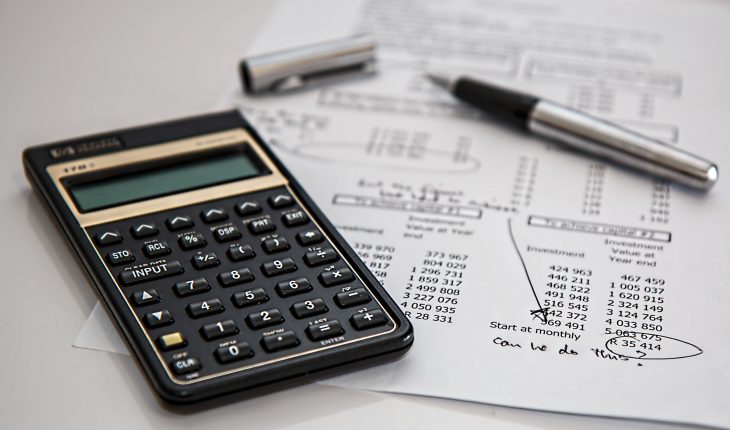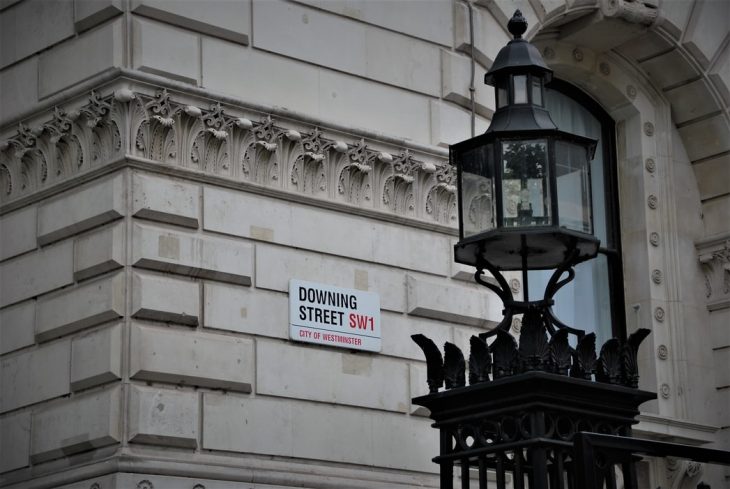As of 1st May 2024, Companies House have implemented significant price increases for there services. These changes will impact anyone who submits information to Companies House, so it’s important to assess how the increases will affect your business.
Why have Companies House Fees Increased?
The changes to Companies House fees have been introduced to reduce fraud. The UK’s company registration structure is often linked to fraud and money laundering.
The Economic Crime and Corporate Transparency Act 2023 (ECCT Act) puts forward a long-term plan to reduce fraud. The most recently implemented part of this plan is increasing the price of Companies House services. The changes aim to deter criminals from forming and registering multiple companies to commit fraud offences.
How Will These Changes Affect Me?
For these changes to reduce fraud, the costs of Companies House services must be increased significantly. Unfortunately, this means those lawfully trading will also be greatly affected.
Some of the higher costs relate to overseas entities. This is because they are commonly used to commit fraud. However, the fees with the highest percentage increases tend to be the more commonly incurred costs, such as incorporating new companies which is now more than 300% more.
As the cost of these services increase, costs for agents (such as accountants) to submit information on your behalf will also be increasing. If you are unsure whether this will impact your business, contact your agent to discuss the changes.
The most common fee changes are as follows:
Companies House Fees for Limited Companies
| Service | Old Cost | Cost from 1st May 2024 | Percentage Increase |
| Incorporating a New Company | £12 | £50 | 317% |
| Incorporating a New Company – Same Day | £30 | £78 | 160% |
| Submitting a Confirmation Statement – Digital | £13 | £34 | 162% |
| Changing a Company’s Name | £8 | £33 | 313% |
| Striking Off a Company | £8 | £33 | 313% |
Companies House Fees for Limited Liability Partnerships (LLPs)
| Service | Old Cost | Cost from 1st May 2024 | Percentage Increase |
| Registering an LLP | £40 | £50 | 25% |
| Filing a Confirmation Statement | £13 | £34 | 162% |
| Administrative Restoration | £100 | £468 | 368% |
Companies House Fees for Limited Liability Partnerships (LLPs)
| Service | Old Cost | Cost from 1st May 2024 | Percentage Increase |
| Register an Overseas Entity | £100 | £234 | 134% |
| Updating an Overseas Entity | £120 | £234 | 95% |
| Removing an Overseas Entity | £400 | £706 | 77% |
Other Changes from the ECCT Act
Companies House will be seeing further changes as part of the ECCT act to make their services stricter and more difficult to abuse. Some changes were implemented on 4th March, which included:
- Companies House being granted greater powers to query info and request evidence, as well as being able to remove factually incorrect info.
- Companies must have a registered address – PO boxes no longer allowed.
- Companies must provide a registered email address on Confirmation Statement submissions.
- Must confirm company is formed for a “Lawful Purpose” & “intended future activities will be lawful” on Confirmation Statement – This will usually appear as a tick box on digital and software submissions.
- Companies House can now share data with other government departments and law enforcement.
Further changes are also expected such as additional identity verification for company owners and improving ownership transparency by providing additional shareholder information.
The timeline for additional changes is currently unclear. For example, it is expected that limited partnerships will need to provide more information to Companies House in the future. These changes cannot be implemented without secondary legislation.
Companies House will also be following HMRC’s shift to digital submissions. Software is already available to submit confirmation statements, but no date has yet been provided to swap from paper to online.
If you have any further questions about these changes, or you need help submitting information to Companies House, please do not hesitate to contact us.










Recent Comments